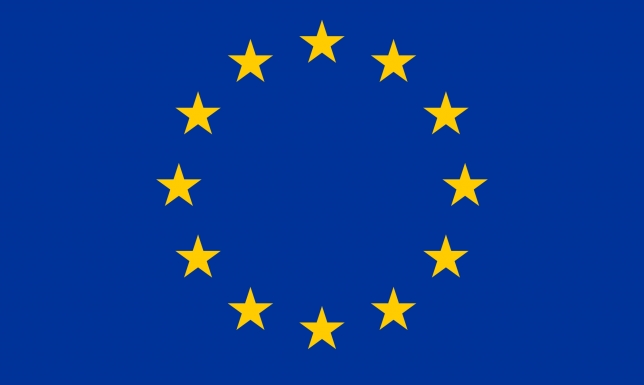The first thing to remember is that little is expected to change in the immediate future. The referendum vote is simply a decision by the UK people, and does not trigger any instant changes. The first stage of a formal exit from the EU will be by the UK government invoking "Article 50 of the Treaty of Rome". Thereafter there will be a negotiating process of up to 2 years, during which time the UK will remain part of the EU, and goods will continue to move free of customs clearance formalities or import duties.
What happens after the negotiation phase and the formal UK exit will depend on the terms of the negotiations between the UK and the European Council, and there have been a lot of discussions and speculation about what free trade agreements might be possible.
Depending on the outcome of the discussion, it is likely that goods will have to undergo some form of customs clearance process both when goods leave the UK and on arrival in the destination country, regardless of whether any import duty would be chargeable. All of the free trade agreements currently in place with the EU do have this requirement, so it would be prudent to plan in the longer term for this.
With regard to documentation, this will also depend on the outcome and detail of the exit negotiations but it is unlikely that it will be reduced in terms of quantity and complexity.


